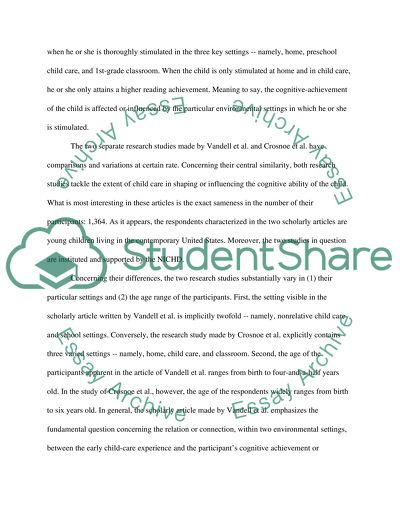Cite this document
(“Vandell and Crosnoe: Theories and Course Material in the Lifespan Article”, n.d.)
Vandell and Crosnoe: Theories and Course Material in the Lifespan Article. Retrieved from https://studentshare.org/social-science/1421256-cognative-developmental-essay
Vandell and Crosnoe: Theories and Course Material in the Lifespan Article. Retrieved from https://studentshare.org/social-science/1421256-cognative-developmental-essay
(Vandell and Crosnoe: Theories and Course Material in the Lifespan Article)
Vandell and Crosnoe: Theories and Course Material in the Lifespan Article. https://studentshare.org/social-science/1421256-cognative-developmental-essay.
Vandell and Crosnoe: Theories and Course Material in the Lifespan Article. https://studentshare.org/social-science/1421256-cognative-developmental-essay.
“Vandell and Crosnoe: Theories and Course Material in the Lifespan Article”, n.d. https://studentshare.org/social-science/1421256-cognative-developmental-essay.


